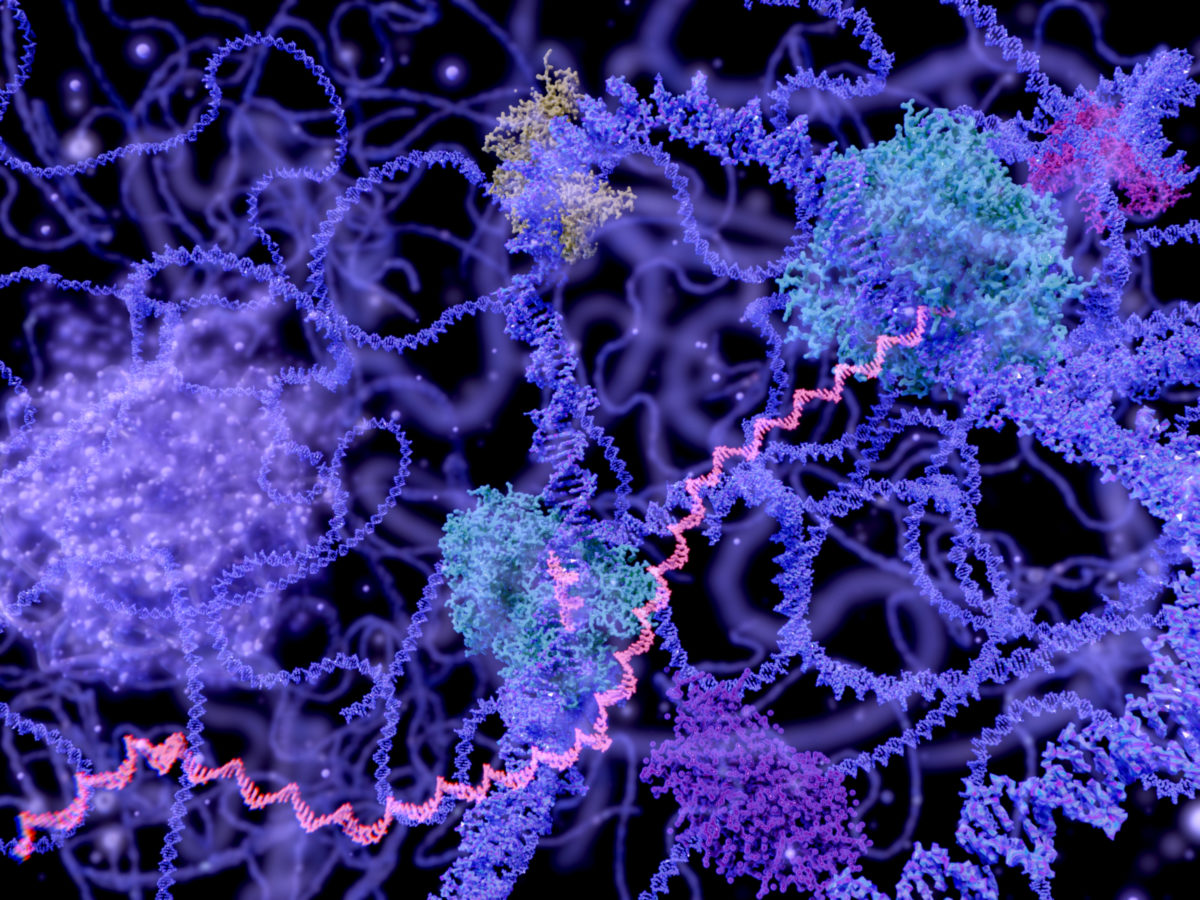National Legal Organization Backs Coppedge Lawsuit Over Jet Propulsion Lab Discrimination Against Intelligent Design
Alliance Defense Fund (ADF), a national legal organization whose allied attorneys have logged over 100 million dollars worth of pro bono hours of legal work, has issued a statement backing David Coppedge’s lawsuit against Jet Propulsion Laboratory. A recent article in the Christian Post reporting on the ADF news release summarizes Coppedge’s plight: Last March [2009], Coppedge was accused of “pushing religion” on his co-workers after he began engaging colleagues in conversations about intelligent design — a theory that life and the existence of the universe derive not from undirected material processes but from an intelligent cause — and offering DVDs on the subject when the co-worker expressed interest. His supervisor, Gregory Chin, allegedly received complaints from employees and threatened Read More ›








































